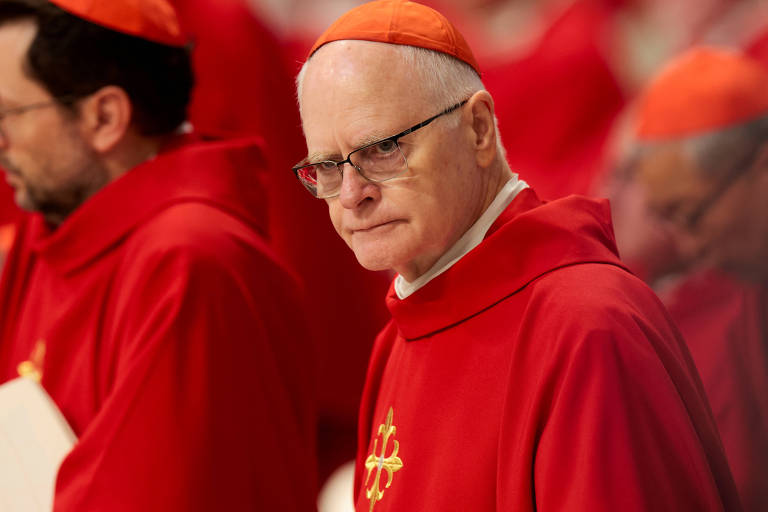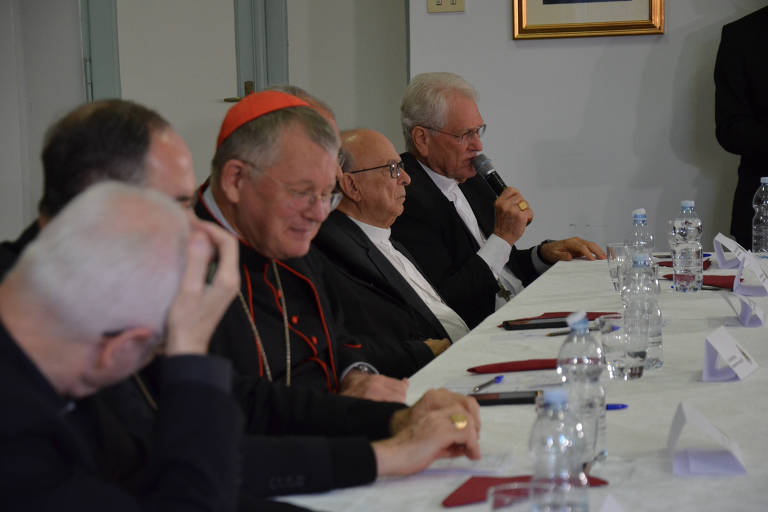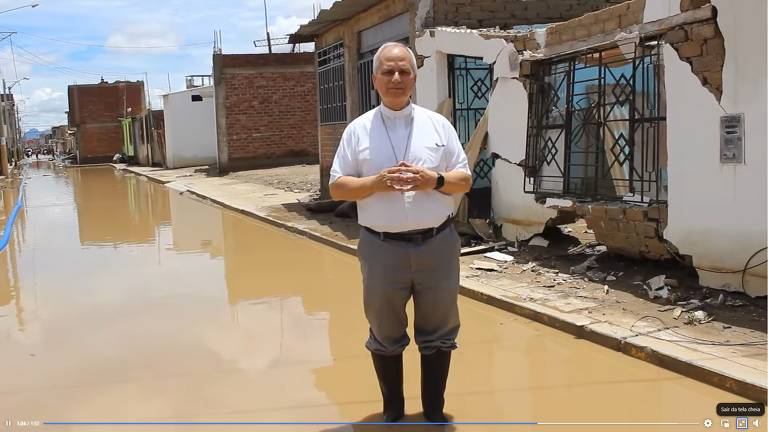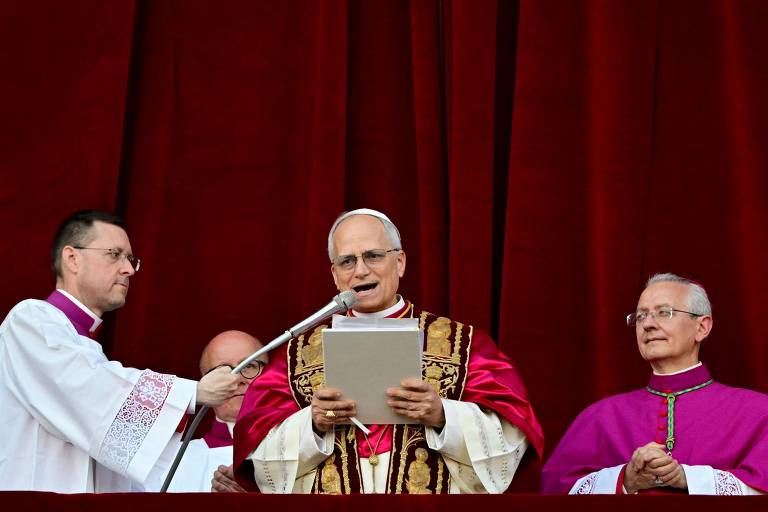Conclave was 'much more serene' than in 2013, compares Dom Odilo Scherer

"Look, it was great to be without a cell phone!" Dom Odilo Scherer laughed out loud when he told reporters about the period of seclusion during the conclave . Jokes aside, the archbishop of São Paulo told Folha that he found this year's conclave "more serene" than the other one he participated in twelve years ago, when Francis was elected after the resignation of Benedict XVI.
"Each conclave is different. I would say that the atmosphere in this one was perhaps more serene than in the last. The situation in the Church, after Pope Francis, gathered much more consensus, greater unanimity than in the post-Benedict XVI, who resigned at a time of great turbulence in the Church. This naturally had repercussions in the preparation and also during the conclave [of 2013], in some way, which was not the case now. Therefore, an atmosphere of much greater serenity", he analyzed.

Without breaking the secrecy regarding the ballots, the Brazilian cardinals revealed some details of the conclave. The alleged delay in the only vote on the first day, which began at 5:46 p.m. (12:46 p.m. in Brasília) on Wednesday (7) and only ended at 9 p.m. local time, was due, as the Italian press had speculated, to a long lecture by Cardinal Raniero Cantalamessa. A well-known preacher, Cantalamessa is not a voter, as he is 90 years old, but he was invited to speak to the other cardinals.
"His homilies, especially on Good Friday and during the season of Advent and Lent, were always very much appreciated," explained Bishop Odilo. "In fact, the conference was long, but very much appreciated, and this delayed the start of the work a little. But nothing that compromised it, because we did what we needed to do."
In his speech, Cantalamessa drew a parallel between the current situation and the commemoration of the 1,700th anniversary of the Council of Nicaea, which addressed important issues for the Church, such as Jesus Christ's status as a son of God. The Italian cardinal reflected on concrete ways to address the issue in the preaching of bishops — and of the pope who would be elected.
"Of course, the first day has all the explanations, there are lectures, there is organization and everything else," the archbishop of Rio de Janeiro, Dom Orani Tempesta , told reporters. "But obviously a conclave does not have a set time to end or to do things. The people who are outside set the times. But we don't even see the time pass, and there is no way to set the time or the schedule."

According to Dom Odilo, not all the cardinals were familiar with Cardinal Prevost's profile, which helps to explain why his name, which had little to no mention before the conclave, ended up receiving the most votes after four ballots.
"It is as the conclave unfolds that the names become clear. It is natural that not all the cardinals know everyone, especially those appointed more recently. So it is through social interaction that they get to know each other, but it is also during the vote that those who gather the greatest consensus emerge. Suddenly some cardinal asks: 'But who is he?' 'Who is that?' 'Who is that?' It is natural."
For Dom Orani, "the Holy Spirit is acting" in the conclave's conduct. "Little by little, he is showing the paths. And we are seeing how he is guiding the history of the Church ."
Dom Odilo said that the Brazilian cardinals even sat together during some meals and discussed the progress of the proceedings. "During the break, we return to Casa Santa Marta [the electors' accommodation], have a meal, talk, and this is intended to help them form their opinions. However, this should not become a kind of rally with candidate presentations ," he pointed out.
The post-conclave dinner, the Brazilian cardinals said, took place in an atmosphere of great joy. Leo XIV circulated around the tables, greeting his colleagues, including the Brazilians, calling some by name.
The influence of Latin America, evidenced by the victory of a pope with Peruvian citizenship, was the subject of comment among the cardinals, according to the archbishop of Salvador, Dom Sérgio da Rocha. "The reaction of some cardinals after the election was interesting, saying: 'Well, Latin America is offering another pope.' Yesterday I heard that."
uol







